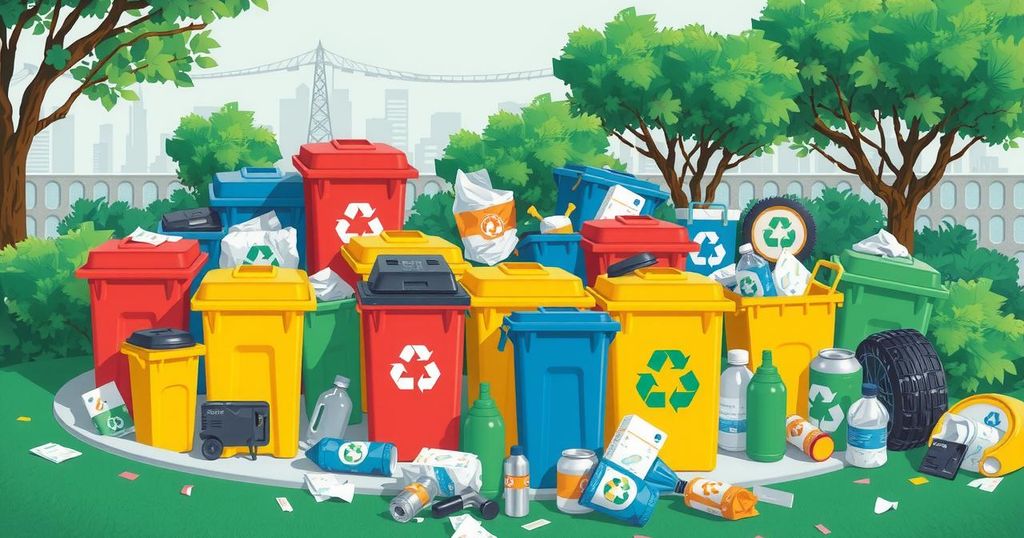The Role of Independent Recyclers in Argentina and Educational Governance Changes
This article discusses the vital role of Argentina’s independent recyclers in environmental sustainability and local economies while addressing the lack of support they face. Additionally, it covers the recent executive order by President Trump to close the federal Department of Education, raising questions about educational authority and governance.
Argentina’s independent recyclers play a crucial role in managing waste and promoting sustainability in urban environments. These individuals often work informally, collecting and sorting recyclable materials to sell, contributing significantly to both environmental efforts and local economies. Despite facing challenges such as lack of recognition and support, their work is essential in reducing landfill waste and fostering recycling practices.
In their operations, these recyclers face obstacles, including limited access to resources and government support. Their contributions not only mitigate environmental impact but also provide livelihoods for many families. As awareness of their importance grows, there is a push for more formal recognition of their role in the waste management system.
On March 20, President Donald Trump signed an executive order to dissolve the federal Department of Education, arguing that educational authority should reside with individual states. This announcement has stirred intense debate across the nation, particularly regarding its implications for public education standards and equity in access to quality education.
As President Trump stated, “the responsibility of education should be left to the states.” This perspective aligns with certain views advocating for local governance over educational policies. The decision has prompted discussions about the efficacy and future of federal education programs, leading to a nationwide poll querying public opinion on the issue.
In conclusion, the independent recyclers in Argentina exemplify the importance of grassroots initiatives in promoting sustainability, despite the challenges they face. Furthermore, President Trump’s executive order to close the federal Department of Education ignites significant discussions about the future of educational governance in the United States. Both topics highlight the need for advocacy and acknowledgment of individual contributions to broader societal goals.
Original Source: www.goshennews.com








Post Comment